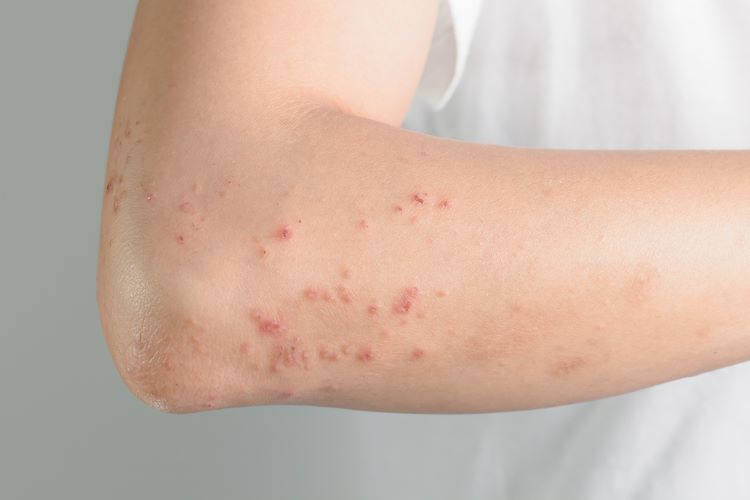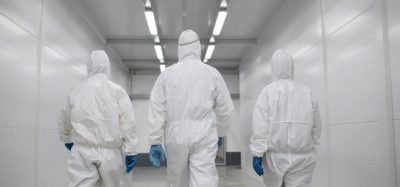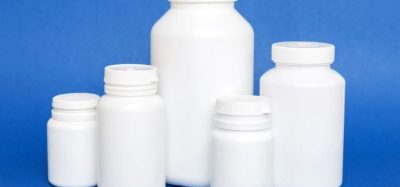AbbVie JAK inhibitor shows potential in novel atopic dermatitis head-to-head trial
Posted: 26 April 2024 | Catherine Eckford (European Pharmaceutical Review) | No comments yet
Patients with moderate-to-severe atopic dermatitis can strive for both little to no itch and clearer skin with AbbVie’s upadacitinib, topline Phase IIIb/IV study results suggest.


AbbVie has revealed positive topline results from the first head-to-head trial in atopic dermatitis assessing RINVOQ® (upadacitinib) at a starting dose of 15mg daily versus DUPIXENT® (dupilumab) at its labelled dose.
The Phase IIIb/IV LEVEL UP study evaluated the efficacy and safety of these drugs in individuals 12 years old and older with moderate-to-severe atopic dermatitis. The trial assessed patients who had an inadequate response to systemic therapy or when using these therapies was inadvisable.
Based on the data from the study, “patients with moderate-to-severe atopic dermatitis can strive for both little to no itch and clearer skin,” stated Dr Roopal Thakkar, Senior Vice President, Chief Medical Officer, Global Therapeutics, AbbVie.
“Results from the LEVEL UP study highlight how treatment options such as upadacitinib can achieve high treatment goals in atopic dermatitis with combined measures of EASI 90 and NRS 0/1, not just itch resolution or just skin clearance,” Dr Jonathan Silverberg, PhD, MPH, Professor of Dermatology and Director of Clinical Research at the George Washington University School of Medicine and Health Sciences added.
This is important because “too many patients are still not achieving optimal disease control in atopic dermatitis despite taking steps to manage their condition,” shared Dr Silverberg.
Topline results from AbbVie’s atopic dermatitis study
upadacitinib enabled a rapid onset of achieving near complete skin clearance and no to little itch compared to dupilumab [in moderate-to-severe atopic dermatitis]”
In the LEVEL UP study, the JAK inhibitor upadacitinib enabled patients to simultaneously achieve both a 90 percent or greater reduction in Eczema Area and Severity Index (EASI 90) and a Worst Pruritus Numerical Rating Scale of 0 or 1 (WP-NRS 0/1) at Week 16 (19.9 percent vs 8.9 percent for upadacitinib and dupilumab respectively).
Additionally, AbbVie reported that upadacitinib enabled a rapid onset of achieving near complete skin clearance and no to little itch compared to dupilumab. Patients treated with upadacitinib:
- Achieved EASI 90 at Week 16 (40.8 percent vs 22.5 percent)
- Achieved a WP-NRS of 0/1 at Week 16 (30.2 percent vs 15.5 percent).
AbbVie stated that the observed safety profile for upadacitinib in the Phase IIIb/IV trial was consistent with those in previous upadacitinib atopic dermatitis clinical studies.
These results from the LEVEL UP study will be presented at a future medical congress, AbbVie confirmed.
Related topics
Big Pharma, Biopharmaceuticals, Clinical Development, Clinical Trials, Drug Development, Drug Safety, Industry Insight, Research & Development (R&D), Therapeutics









